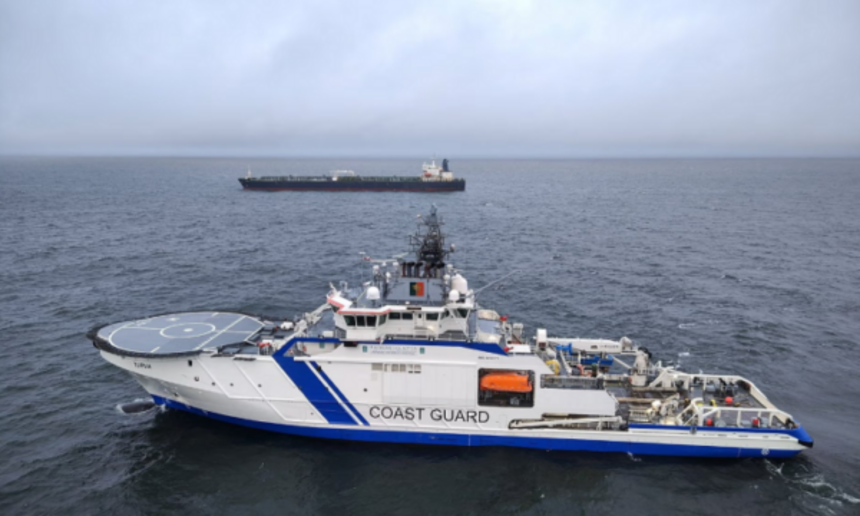An energy cable and several data cables were damaged in the Baltic Sea. Finland suspects an act of sabotage. The focus of the investigation: an oil tanker that may belong to Russia’s so-called shadow fleet.
The European Union has threatened to impose sanctions on Russia’s so-called shadow fleet following the recent damage to an underwater cable in the Baltic Sea and the capture of a suspicious ship by Finnish authorities. “We will propose further measures, including sanctions, targeting this fleet,” said European Commission officials and the new EU High Representative for Foreign Affairs, Kaja Kallas, in a joint statement on Thursday.
The EU also shares Finland’s suspicion that the oil tanker is linked to Russia. “The suspicious vessel is part of Russia’s shadow fleet, which threatens security and the environment while simultaneously funding Russia’s war budget,” the joint statement from the European Commission and High Representative Kaja Kallas said.
On the second night of Christmas, Finnish investigators boarded an oil tanker in the Baltic Sea. The ship, “Eagle S,” flying the flag of the Cook Islands, was found suspiciously close to the Estlink 2 energy line between Estonia and Finland, which suddenly stopped functioning on Christmas Day. “We sent a patrol vessel to the tanker and discovered that the anchors were not in place. Therefore, we had reason to believe that something unusual was happening,” said Markku Hassinen, Deputy Head of the Border Guard, during a press conference.
Hybrid Attacks in the Baltic Sea Region Are Increasing
Is it an accident on the energy line? Finnish authorities do not believe so. They are investigating the case as a serious act of sabotage. Since the start of Russia’s war against Ukraine, hybrid attacks have increased in the Baltic Sea region. Finland is often the target of such attacks. And it is not unusual for Russia to play a role in this, according to Hiski Haukkala, head of the Finnish Institute of International Affairs in Helsinki.
Russia is testing its boundaries and carrying out increasingly aggressive hybrid attacks. This covers a wide range of activities, Haukkala emphasizes, “ranging from disinformation campaigns to more aggressive forms of cyberattacks, and perhaps even physical acts of sabotage, as we have seen here in Europe.”
Not far away, in November, there was damage to data cables between Finland and Germany, as well as between Sweden and Lithuania. There, investigators also targeted a foreign vessel. However, unlike the November case, Finnish authorities are able to board the vessel this time. Since “Eagle S” is in Finnish territorial waters, investigators can board, speak to the crew, and collect evidence. “We suspect the ship is part of the shadow fleet. According to our information, it was carrying unleaded gasoline that was loaded in a Russian port,” said Sami Rakshit, head of Finnish Customs. /DW/







